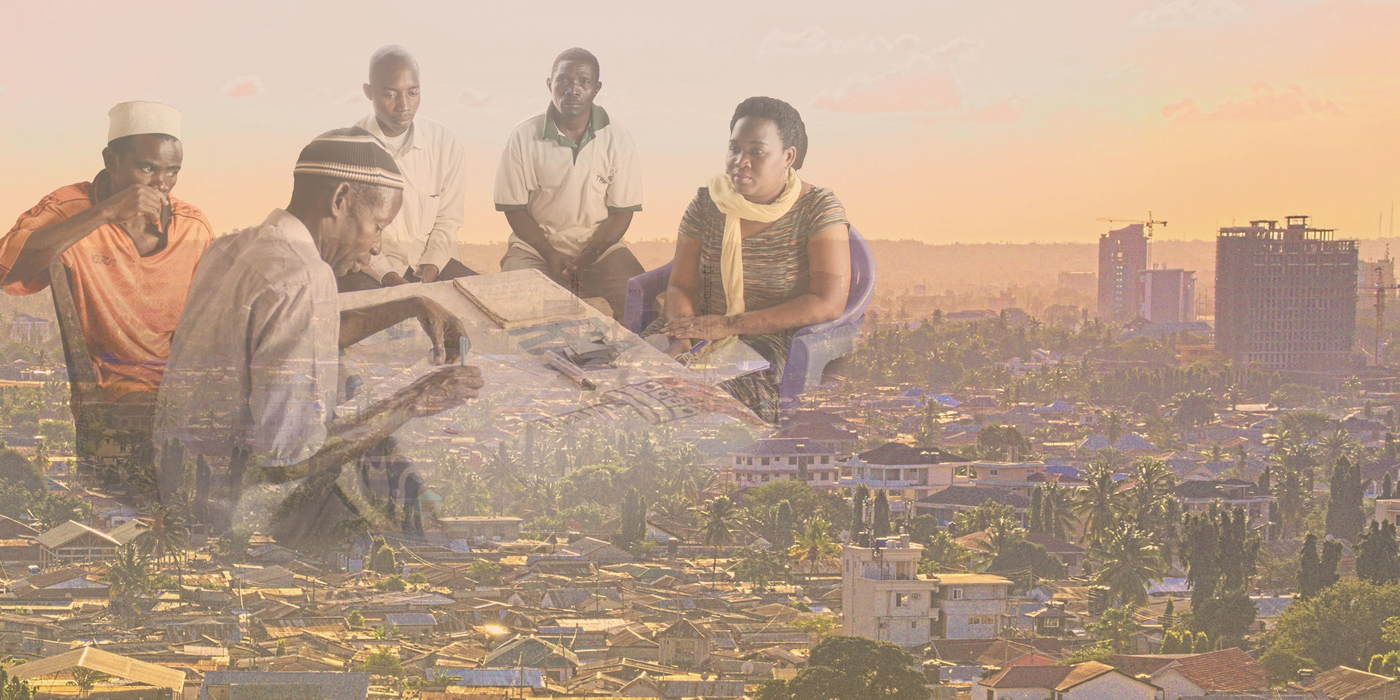For example these questions were discussed with the 23 CSOs who participated in the funding assessment focus group meetings conducted by Kepa in Tanzania. Results of these discussions are now available in in Kepa’s freshly published working paper “Greatest Need for Transparency, Sustainability and Stronger Ownership”.Initially the idea of the study was to assess solely three different funding modalities available for civil society here in Tanzania. As Kepa is a Finnish NGO platform, the following modalities were selected: Embassy of Finland’s Local Cooperation Fund, Foundation for Civil Society grants and project funding for CSOs’ development cooperation granted by the Ministry of Foreign Affairs.During the planning process the scope was however widened and the final working paper focuses also on CSOs’ views on improving their funding and donor-relations in general and on discussing what kind of funding arrangements would be ideal for civil society.The working paper also collects CSOs’ views on benefits and challenges of Local Cooperation Fund, Foundation for Civil Society Grants and MFA project support channelled through Finnish partner organizations. It also offers CSOs’ ideas on how to improve and develop these instruments.***Tanzanian civil society is diverse and polarized. Majority of about 10 000 civil society organizations are non-registered community level actors. There are several, diverse sources of funding available for civil society, but on the other hand giant share of available funding is centralized to a relatively small share of CSOs. Competition for funding is many times tight and difficult to access especially for smaller CSOs operating outside the main cities.What is very evident and at the same time problematic, is the fact that Tanzanian civil society organizations receive majority of their funding from international donors, and are also highly dependent on external funding.The issue of being donor dependant is well acknowledged among the CSOs that participated in the focus group meeting organized by Kepa. There is an evident worry over the sustainability of civil society, and Tanzanian CSOs would like to be less dependent on donor funding, but do not have many ideas of how to make this happen.There is a need to put more emphasis on building fundraising capacity and supporting local CSOs to innovate themselves how to enhance their financial sustainability. The dependency on external assistance is also for its part hindering local initiatives and resource mobilization. For this reason it would be recommendable for donors to pay more attention on their role in creating or maintaining the current structures of civil society.***One of the main issues brought up by the Tanzanian CSOs were the questions of transparency and ownership. In an ideal situation there would be trust between the parties and greater transparency in funding policies, procedures and donor‒receiver relationship, and information would flow freely.In an ideal situation donors wouldn’t dominate the development scene. CSOs want to define what kind of change is desirable and demand that the ownership should be more clearly in the South. Some CSOs were also clear that they want to set their own agenda and receive funding according to their goals without the need to adjust to or compromise with donors priorities.Ideally the donors would further develop sensitivity to hear not just the partner governments but also the voices of civil society when making national strategies for development. A systematic and mutually meaningful engagement with the civil society is a precondition for changing this situation.As also previous surveys and discussion shows, commitment to certain development objectives, interventions and development financing should be more sustainable and less dependent on national level policy changes in the donor countries.Also Tanzanian CSOs could more actively seek to widen their understanding of donor practices, policies and priorities. Genuine cooperation and dialogue requires two-way communication and motivation. Local attitude environment seems very problem- rather than solution-oriented, which creates obstacles to develop the donor relationships.***One of the findings of the assessment is that the local CSOs have an ongoing need for capacity building. However CSOs’ own understanding of the subject seems to be relatively narrow as the needs brought up during the focus group meetings concentrated mainly on technical skills: how to manage projects and budgets. This proves that there is still a need for these types of basic project management skills.One of the issues related to operating capacity of civil society, is that donor funding is mainly directed to well-established, elite-based organizations, coalitions or networks. Ideally donors would seek to strengthen the civil society by paying attention to how the elite-based and strong CSOs are linked with the local level CSOs to reduce the current gap and to encourage capacity building within the civil society.Donors could further support advocacy oriented strong organizations to build critical mass and to widen their member base, to introduce more bottom-up approach which would also support the development of democracy in Tanzania.

Funding: Tanzanian CSOs want transparency, sustainability, and stronger ownership
How would Tanzanian civil society organizations (CSO) improve funding for civil society? What are their greatest needs and concerns? What kind of donor-receiver relationship would be ideal?
Teksti: Kirsi Koivuporras-Masuka